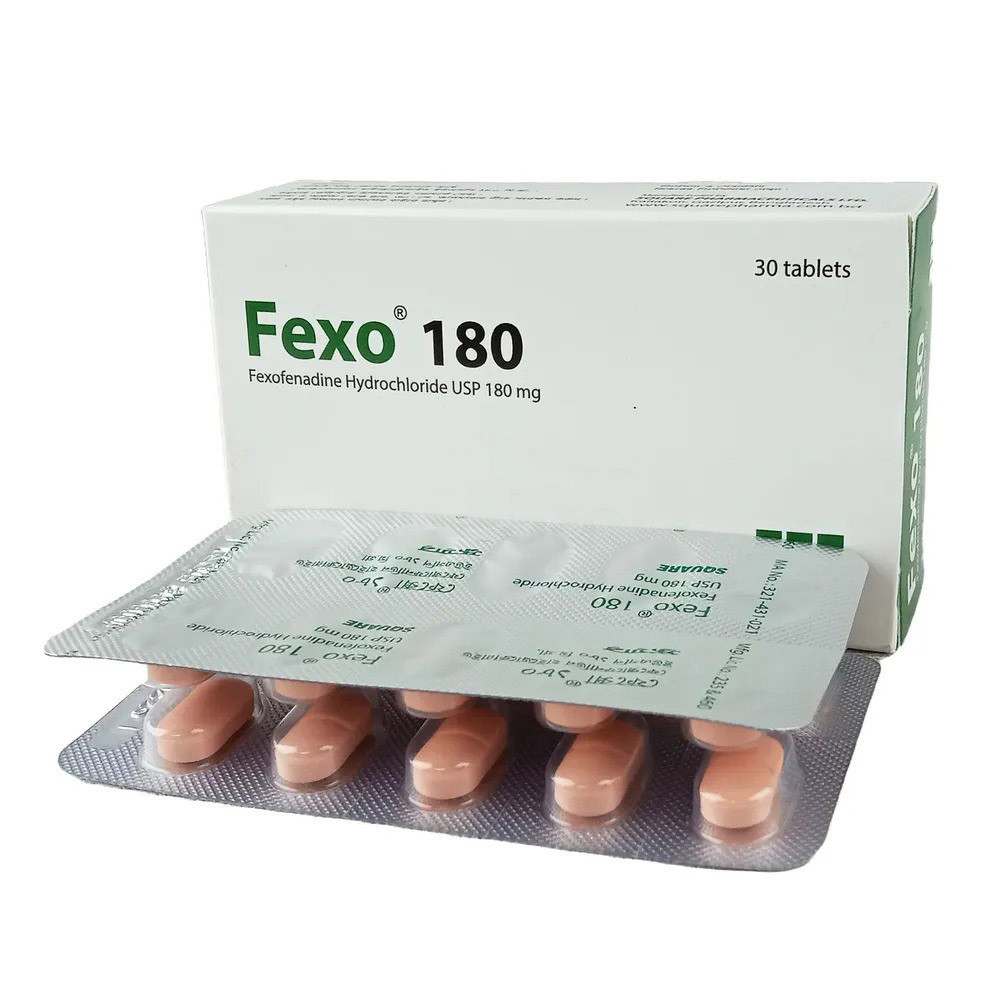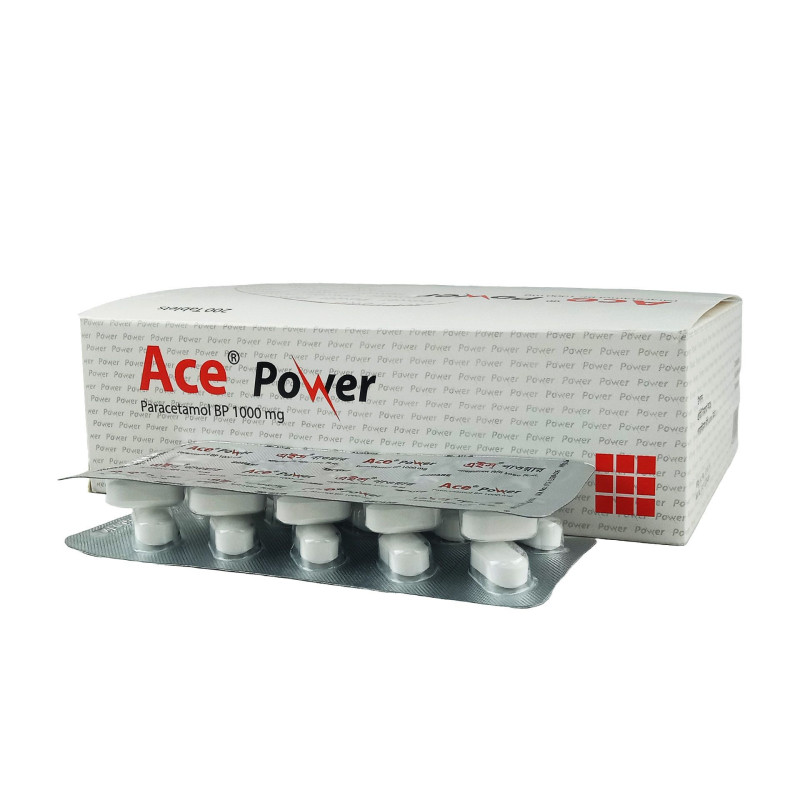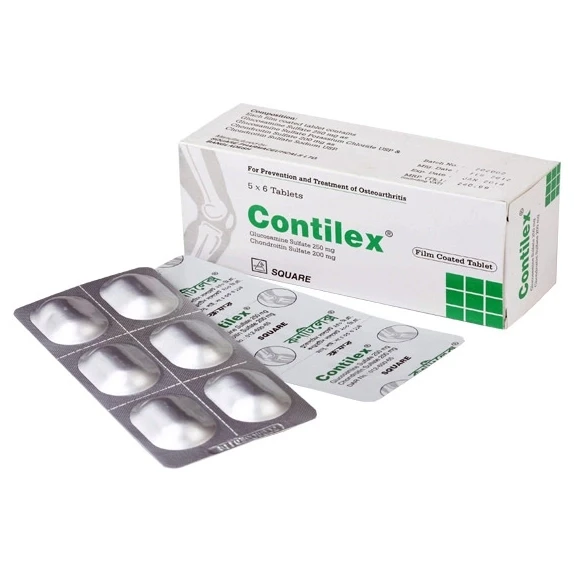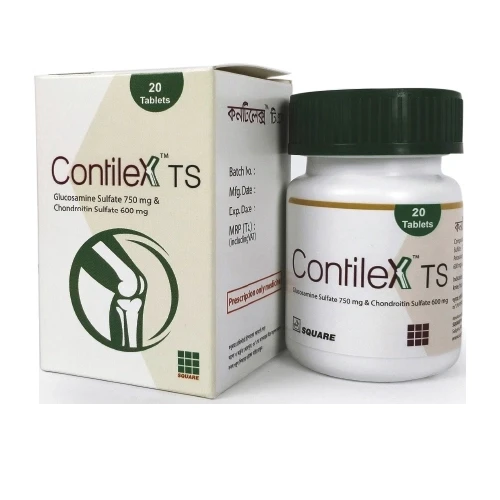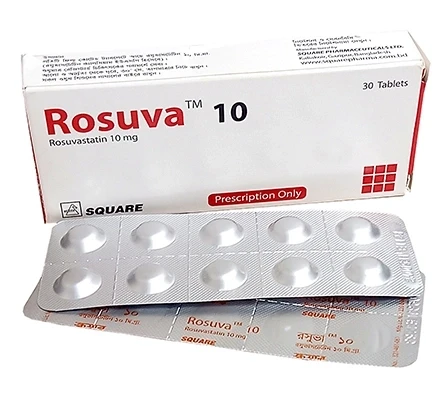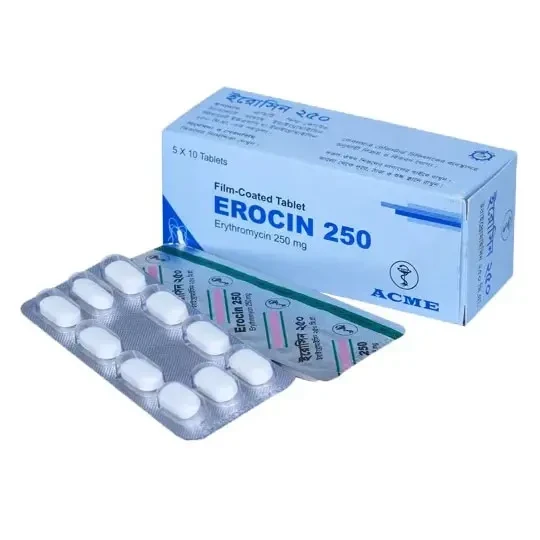

Cortimax Oral Suspension 60 ml bottle, Deflazacort 6 mg/5 ml
Inhouse product
-
৳11.40
৳12.00 -
৳42.75
৳45.00 -
৳16.63
৳17.50 -
৳2.14
৳2.25
Reviews & Ratings
Indications
Cortimax is indicated
in-
- Anaphylaxis, asthma, severe
hypersensitivity reactions
- Rheumatoid arthritis, juvenile
chronic arthritis, polymyalgia rheumatica
- Systemic lupus erythematosus,
dermatomyositis, mixed connective tissue disease (other than systemic
sclerosis), polyartritis nodosa, sarcoidosis
- Pemphigus, bullous pemphigoid,
pyoderma gangrenosum
- Minimal change nephrotic
syndrome, acute interstitial nephritis
- Rheumatic carditis
- Ulcerative colitis, Crohn's
disease
- Uveitis, optic neuritis
- Autoimmune haemolytic anaemia,
idiopathic thrombocytopenic purpura
- Acute and lymphatic leukaemia,
malignant lymphoma, multiple myeloma
- Immune suppression in
transplantation
* রেজিস্টার্ড চিকিৎসকের পরামর্শ মোতাবেক ঔষধ সেবন করুন'
Pharmacology
Deflazacort provides
anti-inflammatory action by inhibiting Phospholipase A2 enzyme which is
responsible for prostaglandin synthesis. Besides Deflazacort decreases the release
of certain chemicals that are important in the immune system. By decreasing the
release of these chemicals Deflazacort provides immunosuppressive action.
Dosage &
Administration
Adults-
- For acute
disorders: Up to 120 mg/day Deflazacort
may need to be given initially. Maintenance doses in most conditions are
within the range of 3-18 mg/day.
- Rheumatoid
arthritis: The maintenance dose is
usually within the range of 3-18 mg/day. The smallest effective dose
should be used and increased if necessary.
- Bronchial asthma: In the treatment of an acute attack, high doses of
48-72 mg/day may be needed depending on severity and gradually reduced
once the attack has been controlled. For maintenance in chronic asthma,
doses should be titrated to the lowest dose that controls symptoms.
- Other conditions: The dose of Deflazacort depends on clinical need
titrated to the lowest effective dose for maintenance. Starting doses may
be estimated on the basis of ratio of 5 mg prednisone or prednisolone to 6
mg.
Children: There has been limited exposure of children
to Deflazacort in clinical trials. In children, the indications for
glucocorticoids arethe same as for adults, but it is important that the lowest
effective dosage is used. Alternate day administration may be appropriate.
Doses of Deflazacort usually lie in the range 0.25-1.5 mg/kg/day.
The following ranges provide general guidance:
- Juvenile chronic
arthritis: The usual maintenance dose is
between 0.25-1.0 mg/kg/day.
- Nephrotic
syndrome: Initial dose of usually 1.5
mg/kg/day followed by down titration according to clinical need.
- Bronchial asthma: On the basis of the potency ratio, the initial dose
should be between 0.25-1.0 mg/kg on alternate days.
Deflazacort withdrawal: In patients who have received more than physiological
doses of systemic corticosteroids (approximately 9 mg per day or equivalent)
for greater than 3 weeks, withdrawal should not be abrupt. How dose reduction
should be carried out depends largely on whether the disease is likely to
relapse as the dose of systemic corticosteroids is reduced.
* রেজিস্টার্ড চিকিৎসকের পরামর্শ মোতাবেক ঔষধ সেবন করুন'
Interaction
Cortimax is
metabolized in the liver. It is recommended to increase the maintenance dose of
Cortimax if drugs which are liver enzyme inducers are co-administered, e.g.
rifampicin, rifabutin, carbamazepine, phenobarbitone, phenytoin, primidone and
aminoglutethimide. For drugs which inhibit liver enzymes, (e.g. ketoconazole)
it may be possible to reduce the maintenance dose of Cortimax.
Contraindications
Hypersensitivity to or
any of the ingredients. Patients receiving live virus immunization.
Side Effects
GI disturbances,
musculoskeletal, endocrine, neuropsychiatric, ophthalmic, fluid and electrolyte
disturbances; susceptible to infection, impaired healing, hypersensitivity,
skin atrophy, striae, telangiectasia, acne, myocardial rupture following recent
Ml, thromboembolism.
Pregnancy & Lactation
Pregnancy: Deflazacort does cross the placenta.
However, when administered for prolonged periods or repeatedly during
pregnancy, corticosteroids may increase the risk of intrauterine growth
retardation. As with all drugs, corticosteroids should only be prescribed when
the benefits to the mother and child outweigh the risks.
Nursing Mother: Corticosteroids are excreted in breast milk,
although no data are available for Deflazacort. Doses of up to 50 mg daily of
Deflazacort are unlikely to cause systemic effects in the infant. Infants of
mothers taking higher doses than this may have a degree of adrenal suppression
but the benefits of breastfeeding are likely to outweigh any theoretical risk.
Precautions &
Warnings
The following clinical
conditions require special caution and frequent patient monitoring is
necessary-
- Cardiac disease or congestive
heart failure (except in the presence of active rheumatic carditis),
hypertension, thromboembolic disorders. Glucocorticoids can cause salt and
water retention and increased excretion of potassium. Dietary salt
restriction and potassium supplementation may be necessary.
- Gastritis or oesophagitis,
diverticulitis, ulcerative colitis if there is the probability of
impending perforation, abscess or pyogenic infections, fresh intestinal
anastomosis, active or latent peptic ulcer.
- Diabetes mellitus or family
history, osteoporosis, myasthenia gravis, renal insufficiency.
- Emotional instability or
psychotic tendency, epilepsy.
- Previous corticosteroid-induced
myopathy.
- Liver failure.
- Hypothyroidism and cirrhosis,
which may increase the glucocorticoid effect.
- Ocular herpes simplex because
of possible corneal perforation.
Use in Special
Populations
Hepatic Impairment: In patients with hepatic impairment, blood
levels of may be increased. Therefore the dose of Cortimax should be carefully
monitored and adjusted to the minimum effective dose.
Renal Impairment: In renally impaired patients, no special
precautions other than those usually adopted in patients receiving
glucocorticoid therapy are necessary.
Elderly: In elderly patients, no special precautions
other than those usually adopted in patients receiving glucocorticoid therapy
are necessary. The common adverse effects of systemic corticosteroids may be
associated with more serious consequences in old age.
Therapeutic Class
Glucocorticoids
Storage Conditions
Store in a cool (below
25°C) and dry place, protected from light & moisture. Keep out of the reach
of children.
Frequently Bought Products
A-Fenac Tablet, Diclofenac Sodium 50 mg
Rosuva Tablet, Rosuvastatin Calcium 10 mg
Telukast Tablet, Montelukast Sodium 10 mg
Imaceva Tablet, Imatinib Mesylate 400 mg
K-One MM Injection, Phytomenadione 2 mg/0.2 ml
Citivas Tablet , Citicoline Sodium 500 mg
Erocin Tablet (50 tablets Box), Erythromycin 250 mg
Bioprem Capsule, Biotin 5000 mcg
Product Queries (0)
Login Or Registerto submit your questions to seller
Other Questions
No none asked to seller yet
-
৳11.40
৳12.00 -
৳42.75
৳45.00 -
৳16.63
৳17.50 -
৳2.14
৳2.25
